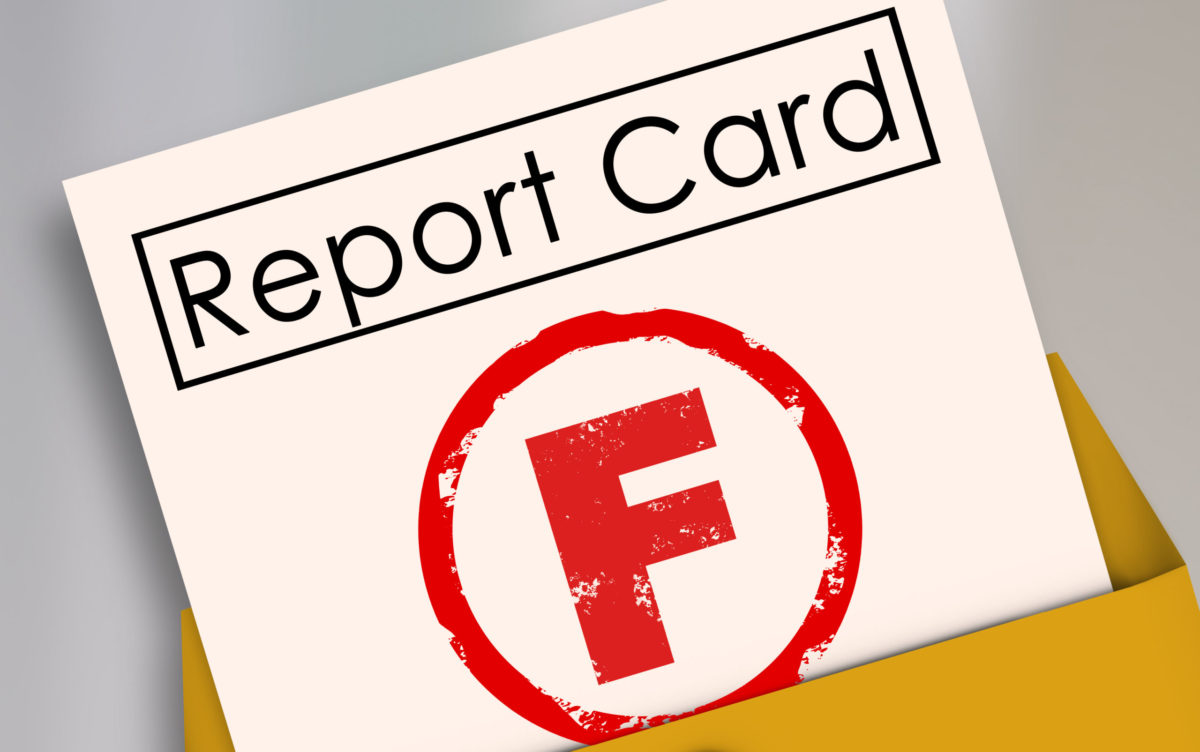Greenpeace’s Retailer “Scorecard” Is Outmoded and Irrelevant
If you missed Greenpeace’s release of their 2021 tuna retailer “scorecard”, then you’re not alone. The group has tried countless times over the years to garner publicity by ranking retailers’ seafood sourcing policies according to their own arbitrary and shifting preferences, and each such effort has met with diminishing traction and declining media coverage. The latest iteration continues that trend, landing with more of a thud than a splash.
As with previous “reports,” this one assigns arbitrary and unscientific scores according to a secret methodology that Greenpeace has never agreed to disclose. That lack of transparency should be a clue that the primary goal of this exercise is not positive, incremental change, but fundraising and self-promotion.
The “scorecard” does nothing to educate buyers or assist in any meaningful sustainability efforts. There is serious work being done by responsible experts at the International Seafood Sustainability Foundation (ISSF), but Greenpeace has shown no interest in participating in that process, despite good-faith invitations to do so.
The reality is that tuna retailers, and their suppliers, are now light years ahead of the activist group on sustainable sourcing and metrics, with more progress being made every day.
But it’d be bad enough if Greenpeace’s scorecards were merely outmoded or irrelevant. Unfortunately, they’re also dangerous. Because the group now goes so far as to tell Americans to “eat less fish”, a disastrous piece of public health advice that flies in the face of both the scientific consensus and the official Dietary Guidelines for Americans. The truth is tuna is packed with nutrients, such as vitamins B12 and D, iron, zinc, magnesium, phosphorous, selenium, and beneficial omega-3s called EPA and DHA.
You could say that Greenpeace has finally jumped the shark—or the albacore—but the reality is they did that a long time ago. Now they’re just repeating the same performance to an ever-diminishing audience.


